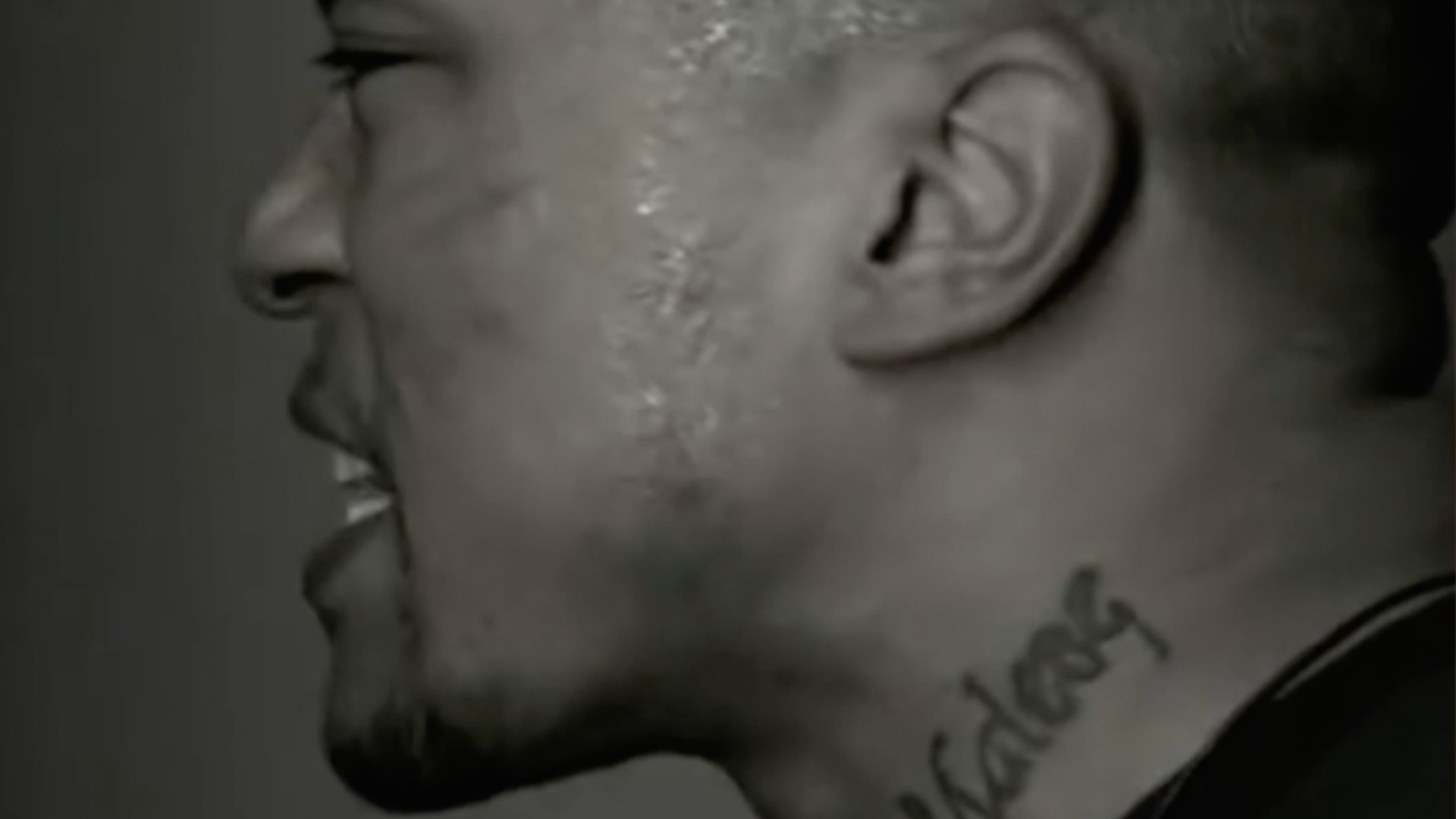Canadian Press
A Montreal couple acquitted of terrorism charges will start work as consultants for the counter-radicalization centre in Montreal, advising the government-funded organization on how to prevent young people from going down the path of violent extremism.El Mahdi Jamali, 20, and Sabrine Djermane, 21, were found not guilty of terrorism-related charges last month, including attempting to leave Canada to commit a terrorist act and committing an act for the profit of a terrorist group.Jamali, however, was convicted of a reduced explosives charge after a bomb-making recipe was found at the couple’s home and ingredients from the recipe were found at his parents’ home in 2015.Last week, the Crown announced they would be appealing Djermane’s acquittal on the same charge, citing an error in the judge’s instructions to the jury about how they should interpret and define the term “explosive substance.”DE-RADICALIZATION PLANAfter becoming suspicious that Djermane, 21, had been radicalized and was planning to fly overseas to join Islamic State militants, her sisters tipped off RCMP anti-terrorism investigators. The parents of Jamali and Djermane reached out to the Center for the Prevention of Radicalization Leading to Violence in Montreal for help in 2015.Representatives of Center, a non-profit group that receives money from Quebec’s provincial government, visited Jamali and Djermane in prison and developed two deradicalization plans for the couple — one in case they were convicted and the other in the event they were acquitted. Jamali and Djermane will work up to three days a week at the center as part of a reintegration strategy developed by their lawyers, parents and the organization.They will each be paid $294 per week, La Presse newspaper first reported on Tuesday.That money will be used to cover the cost of psychological support they’ll receive from the centre and an external psychologist, the centre’s communications coordinator Vanessa Reggio told VICE News.They’ll spend half a day each week undergoing psychological evaluations and follow-ups, and the rest of the time helping to develop prevention tools, according to the centre. The arrangement is voluntary, and they’re free to quit whenever they want.'SENSE OF PURPOSE'This isn’t the first time formerly radicalized individuals have worked as consultants for the centre, and it’s part of a larger trend of reformed radicals making careers out of their troubled pasts. Maxime Fiset, a former neo-Nazi who now works with the centre as a full time employee, also started out as a consultant back in 2016 after emailing them and offering to help.“You get the chance to clear your reputation, gain some credible experience in an organization, and it gives you a sense of purpose and perspective on your past that would take much longer to acquire if you were left to yourself,” he told VICE News in an interview.
Jamali and Djermane will work up to three days a week at the center as part of a reintegration strategy developed by their lawyers, parents and the organization.They will each be paid $294 per week, La Presse newspaper first reported on Tuesday.That money will be used to cover the cost of psychological support they’ll receive from the centre and an external psychologist, the centre’s communications coordinator Vanessa Reggio told VICE News.They’ll spend half a day each week undergoing psychological evaluations and follow-ups, and the rest of the time helping to develop prevention tools, according to the centre. The arrangement is voluntary, and they’re free to quit whenever they want.'SENSE OF PURPOSE'This isn’t the first time formerly radicalized individuals have worked as consultants for the centre, and it’s part of a larger trend of reformed radicals making careers out of their troubled pasts. Maxime Fiset, a former neo-Nazi who now works with the centre as a full time employee, also started out as a consultant back in 2016 after emailing them and offering to help.“You get the chance to clear your reputation, gain some credible experience in an organization, and it gives you a sense of purpose and perspective on your past that would take much longer to acquire if you were left to yourself,” he told VICE News in an interview. At first, Fiset worked on developing training materials for first responders in places like prisons and schools to help them understand, recognize, and confront radicalization. Eventually, he became a full-time trainer himself.“[The] main part of my job back then was to help the research team create materials,” said Fiset. “It was about understanding my process, how I felt, the social interactions that led me there.”Currently, he’s working on developing a catalogue of symbols used by right-wing extremists in Quebec.USING MEMORIESThere are certain aspects of radicalization that only formerly radicalized people can understand, said Fiset.“Either you really live it as I did or you spend a considerable amount of time studying it, but then it’s something you see from the outside, and it’s not complete and doesn’t carry the emotive aspect of right wing radicalization.” he said. “I can use these memories of how I felt, how I thought, who I was hanging with. All of this is at my disposal. It’s very easy to pull from and to give this to my colleagues and to the people I train so they can understand better.”
At first, Fiset worked on developing training materials for first responders in places like prisons and schools to help them understand, recognize, and confront radicalization. Eventually, he became a full-time trainer himself.“[The] main part of my job back then was to help the research team create materials,” said Fiset. “It was about understanding my process, how I felt, the social interactions that led me there.”Currently, he’s working on developing a catalogue of symbols used by right-wing extremists in Quebec.USING MEMORIESThere are certain aspects of radicalization that only formerly radicalized people can understand, said Fiset.“Either you really live it as I did or you spend a considerable amount of time studying it, but then it’s something you see from the outside, and it’s not complete and doesn’t carry the emotive aspect of right wing radicalization.” he said. “I can use these memories of how I felt, how I thought, who I was hanging with. All of this is at my disposal. It’s very easy to pull from and to give this to my colleagues and to the people I train so they can understand better.”
Advertisement

Advertisement

Advertisement
Lorne Dawson, a University of Waterloo professor studying Western foreign fighters, supports the idea of using former radicals to counter violent extremism because of the credibility they have with others who are on the path to radicalization.“Of course one has to be confident that they have disengaged from the radical ideas themselves sufficiently,” he added. “This can be tested but is always a judgement call.”Fiset argues, however, that the risk is reduced by having people like Djermane and Jamali work with people like himself, also a “former.”“I know for a fact that it’s almost impossible to lie to another former. You can go for a while saying stuff that’s not true,” he said. “But day-to-day interaction prevents this because a former is able to recognize the cognitive path that a deradicalizing person is supposed to undertake.”